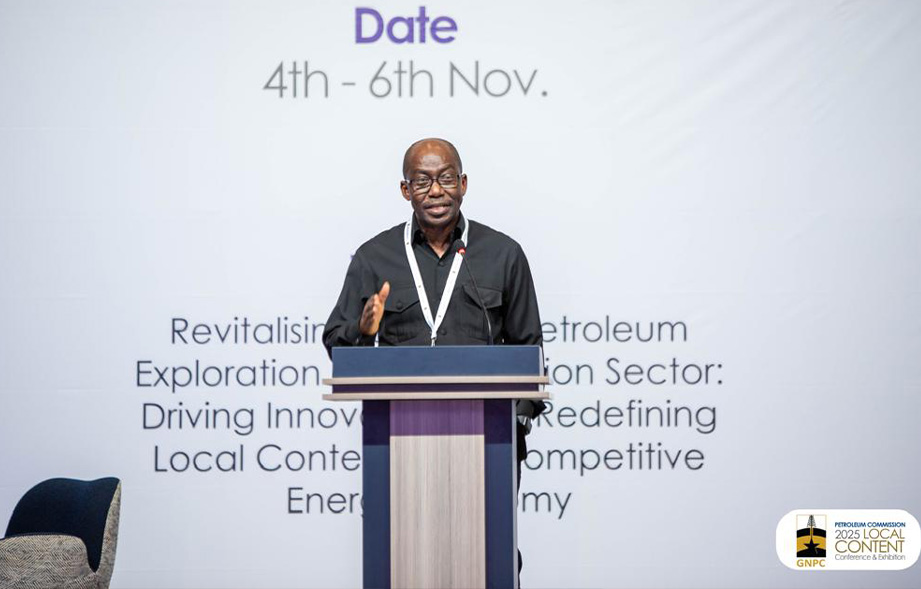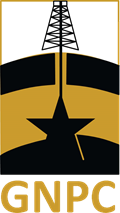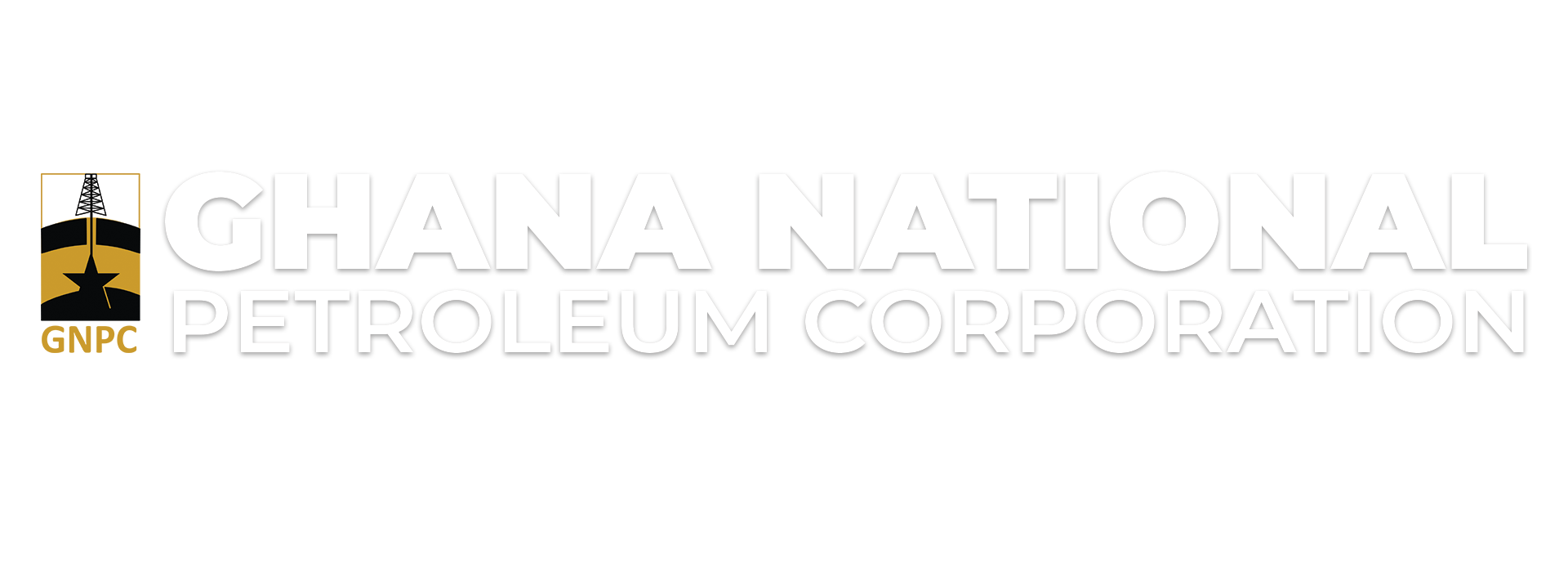
GNPC's Strategic Reframing: Local Content as the Nexus for Operatorship and National Competence
The Ghana National Petroleum Corporation (GNPC) is undertaking a significant strategic pivot, with Acting CEO Mr. Kwame Ntow Amoah formally redefining local content as the fundamental pillar for achieving national operatorship and ensuring long-term energy security.
Speaking at the 2025 Local Content Conference & Exhibition (LCCE) in Takoradi, Mr. Amoah challenged industry stakeholders to shift focus from mere regulatory adherence to capability development, positioning local content as the key metric for Ghana's readiness to compete on a global and regional stage.
“Local content must evolve beyond procurement thresholds and percentage targets,” stated Mr. Amoah. “It must now represent local competence, local capital, and local innovation, the core factors that will secure Ghana’s petroleum future and drive sustained economic value.”
Mr. Amoah highlighted that GNPC’s current exploration and development activities across both offshore fields and onshore basins are deliberately structured to create a direct pathway to full operatorship.
He highlighted the momentum of the Voltaian Basin Project, noting that the imminent spudding of Ghana's first onshore well represents a critical inflection point, signaling the country’s growing technical maturity and operational independence.
“Through the deliberate pathways we are charting from deep-water to our inland basins, we are systematically repatriating control to indigenous expertise,” he asserted. “The opportunities in both existing offshore assets and the nascent Voltaian Basin provide significant scope for local enterprises to scale and integrate.”
To cement GNPC’s transition into a high-capability National Oil Company, Mr. Amoah detailed key investments in technology and research. He announced the approaching completion of the GNPC Research & Technology Centre, which is envisioned as a regional hub for applied innovation, advanced data integration, and industry-academia collaboration.
He cited the Corporation’s adoption of AI-assisted basin modeling and predictive maintenance systems as prime examples of how technology is being leveraged to enhance exploration efficiency and accelerate knowledge transfer within the upstream sector.
“Our commitment is to invest strategically in technology, research, and human capital, nurturing the innovation required to establish GNPC as a sector leader,” he noted.
The Ag. CEO reaffirmed GNPC’s dedication to collaborative frameworks, including its partnership with the Association of Ghanaian Suppliers, aimed at strengthening vendor participation and embedding local enterprises robustly across the entire petroleum value chain.
“Our vision demands a value chain that delivers tangible, distributed wealth to the people of Ghana,” he emphasized. “This strategic redefinition necessitates mutually beneficial revitalization and growth alongside our local enterprise partners.”
Mr. Amoah concluded with a call for greater policy alignment among governmental entities, international investors, and incumbent operators to construct the robust policy and financing ecosystems essential for Ghana’s energy sector transformation.
“We must prioritize collaboration over competition in critical areas like capacity building, technology transfer, and knowledge sharing,” he added. “Revitalizing our Exploration & Production sector is not merely an industry objective; it is a national strategic imperative.”



